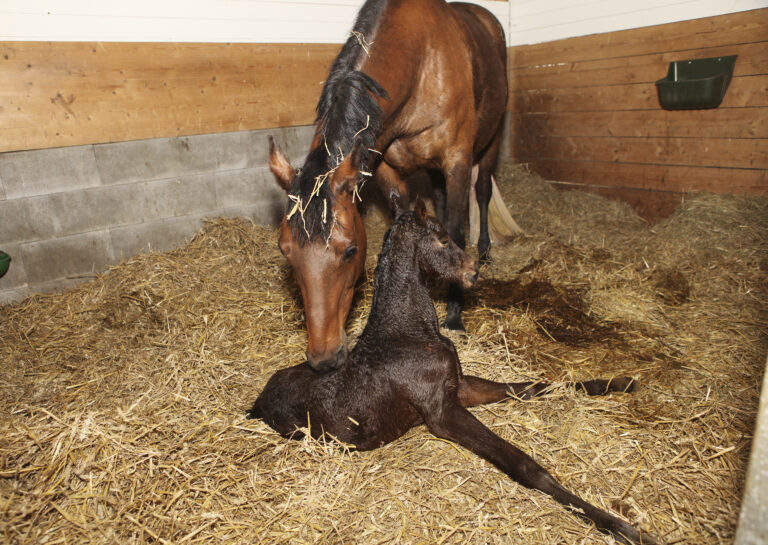
The Equine Disease Communication Center (EDCC) offers alerts about equine diseases that have been confirmed by reliable sources. The following information is from the EDCC.
Colorado EIA Update
This is a summary and clarification of horses recently diagnosed with equine infectious anemia (EIA) in Colorado. On May 2, 2017, nine of 18 horses at a Weld County premises were tested for EIA and Piroplasmosis for entry into sanctioned racetracks. One horse tested positive for EIA and was euthanized and subsequently an additional nine cohort horses were tested. Two of these additional nine horse tested positive for EIA and were euthanized. The remaining 15 horses were quarantined at that barn for sixty days when they will be retested for EIA and Piroplasmosis.
On May 12, 2017, nine more horses at a second premises in Weld County, that were epidemiologically linked to the original three positive EIA horses on the first premises, were tested. An additional three horses on the second premises tested positive for EIA and were euthanized. The remaining six horses on the second premises were quarantined for 60 days when they will be retested for EIA. Currently there are 15 horses quarantined at the initial premises and 6 horses at the second premises pending retesting for EIA.
About EDCC
The Equine Disease Communication Center works to protect horses and the horse industry from the threat of infectious diseases in North America. The communication system is designed to seek and report real time information about disease outbreaks similar to how the Centers for Disease Control and Prevention (CDC) alerts the human population about diseases in people.
The goal of the EDCC is to alert the horse industry about disease outbreak information to help mitigate and prevent the spread of disease. Ultimately frequent and accurate information about diseases outbreaks improves horse welfare and helps to prevent negative economic impact that can result from decreased horse use due to a fear of spreading infection. As part of the National Equine Health Plan the EDCC will serve as part of the communication to help educate and promote research about endemic and foreign disease.
Working in cooperation with state animal health officials and the United State Department of Agriculture, the EDCC seeks information about current disease outbreaks from news media, social media, official state reports and veterinary practitioners. Once information is confirmed, it is immediately posted on this website and messages sent to all states and horse organizations by email. Daily updates are posted until each outbreak is contained or deemed no longer a threat.
The EDCC is made possible by generous donations from organizations and horse owners. Please visit our sponsors that have generously supported this program for the benefit of the health and welfare of horses. To learn how you can help go to SUPPORT.








